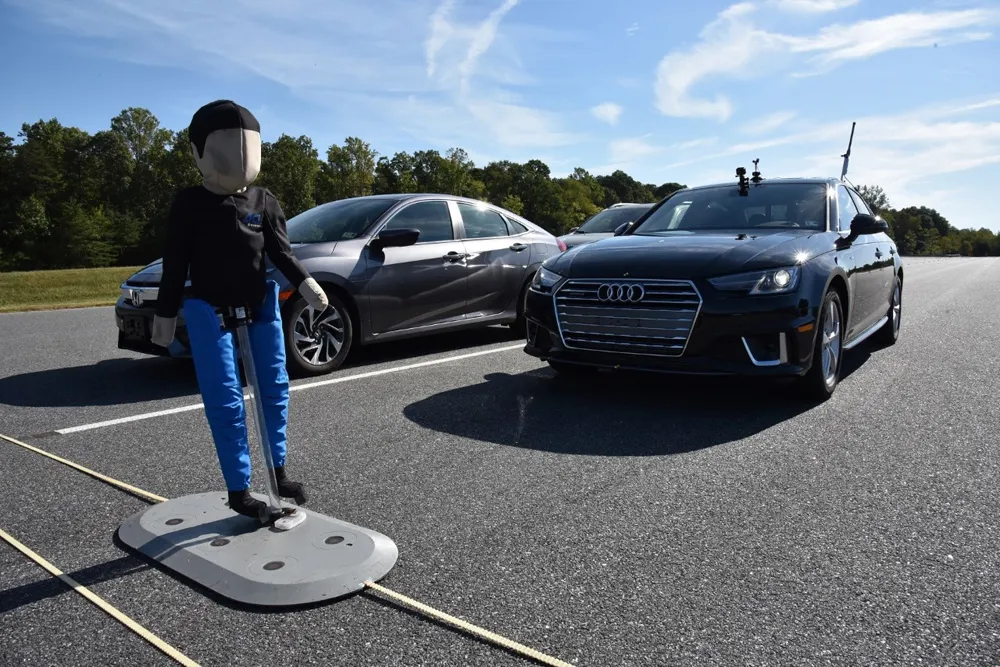By David Crawford
September 13, 2020
Read time: 1 min

If you think putting pedestrian detection and warning tech into existing buses isn’t value for money, then you need to read this research...









